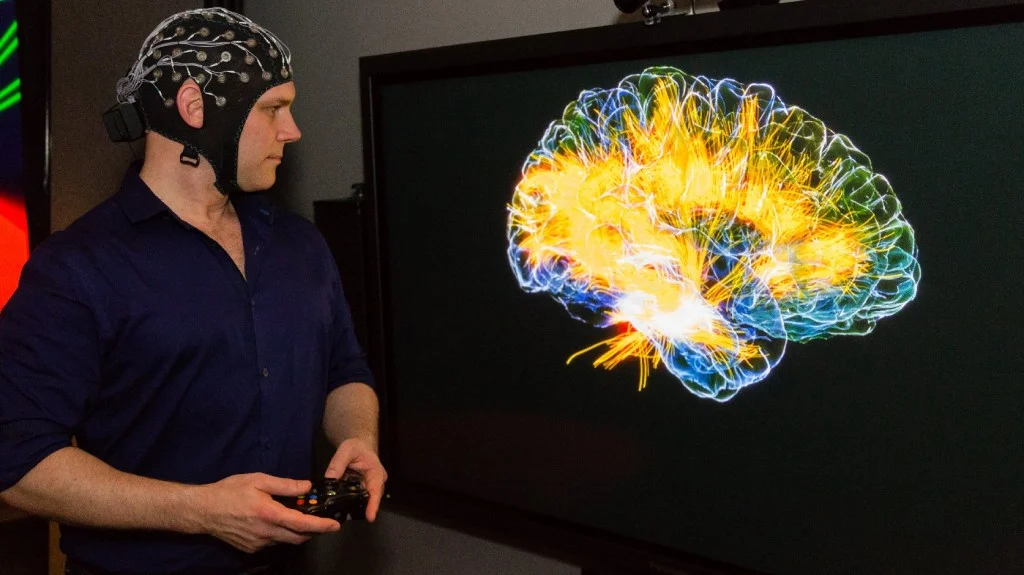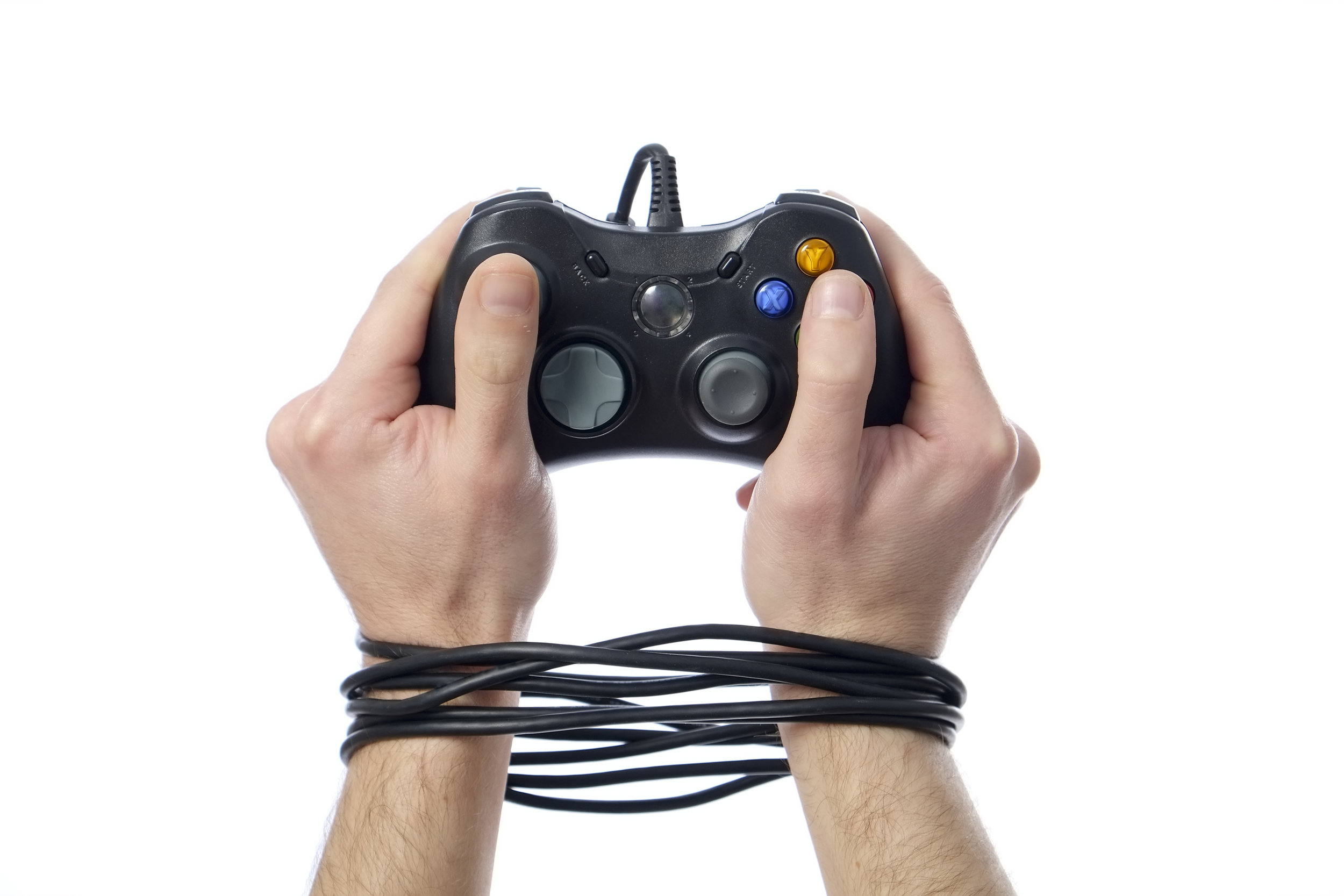Video Games Are Literally Changing Your Brain
/Do you play video games? Did you know that they may be affecting your brain and changing your behavior?
We're in an era of "casual gamers" who play on smartphones and tablets at spare moments throughout the day, like their morning commute.
The average gamer is 35 years old and this grows every year. There are games made for every age range, more kinds of games, and games available on every device. That is to say; the video game industry is a huge multi-billion dollar industry that gets richer the more people play.
Video game designers study and understand the human psychological very well and know how to create addictive games to prolong user playtime and retention. This means there's an ethical conflict of interest, or that video game companies care more about profits than their customers' well-being, and usually justify their products' addiction saying it's harmless entertainment that positively stimulates the brain, connects people, etc.
Jonathan Blow, creator of the game Braid, says: "I believe that games are important to the future of humanity [but] I think a lot of modern game design is actually unethical... they are predicated on player exploitation."
Palaus and his colleagues from the Open University of Catalonia and the Massachusetts General Hospital conducted 116 studies and saw how video games affect brain activity and even the physical structure itself.
Playing video games improves sustained attention or selective attention.
Parts of the brain responsible for attention are more efficient for gamers where they can maintain focus on demanding tasks longer than non-gamers. The visuospatial parts of gamers' brains were larger and more efficient.
Researchers found functional and structural changes in the neural reward system of game addicts because of carefully designed behavioral triggers. These portions of their brains look almost identical to those with other addictions. So, in other words, video games are literally programming players to be addicted to them with users even experiencing withdrawal symptoms and extreme mood swings.
“We focused on how the brain reacts to video game exposure, but these effects do not always translate to real-life changes,” Palaus said.
“It’s likely that video games have both positive (on attention, visual and motor skills) and negative aspects (risk of addiction), and it is essential we embrace this complexity,” he said.
Indeed, studying such things from the outside, one may not recognize the intricacies or deeper roots of the issues. However, if we look from the perspective of the creators with transparent intentions, it becomes more clear.
In any case, we must take responsibility for our own thoughts and actions and realize we have the authority to change ourselves for the better or worse. So, instead of living in a vibrant, exciting simulation, let's unplug and make changes in ourselves and actions to brighten our own lives and those of the people around us.
Sources:
https://www.wfneurology.org/2017-06-23-sci-news
Marc Palaus et al. Neural Basis of Video Gaming: A Systematic Review. Front. Hum. Neurosci, published online May 22, 2017; doi: 10.3389/fnhum.2017.00248








